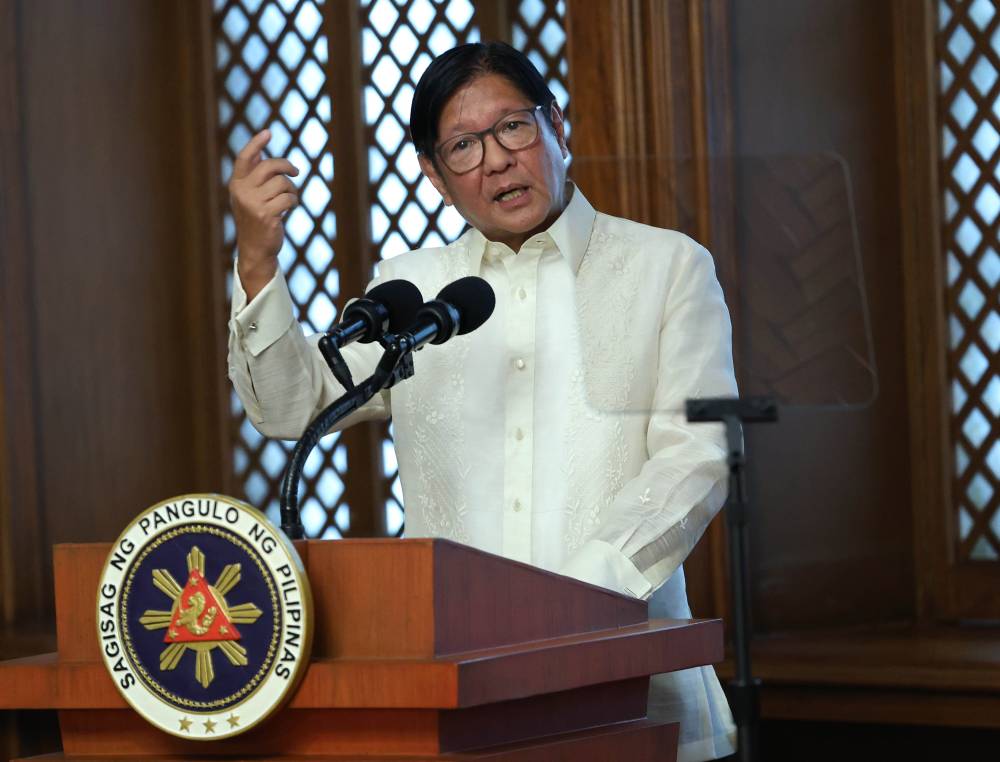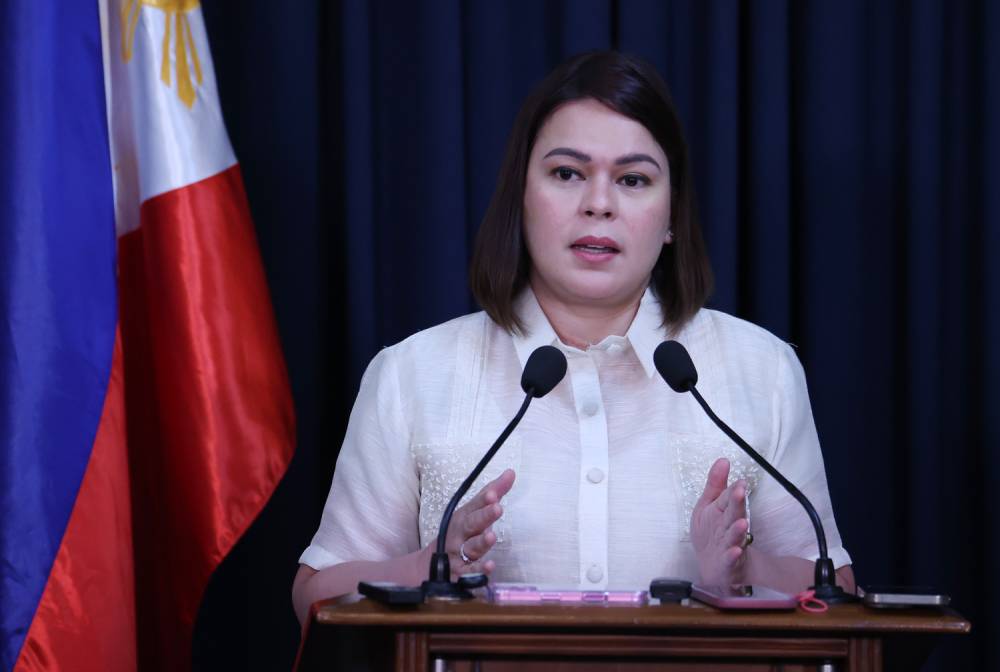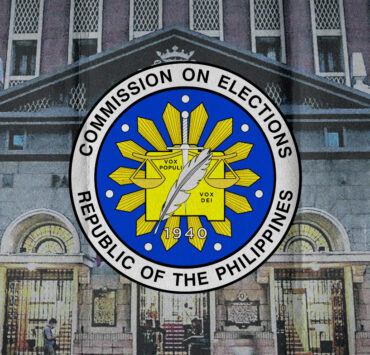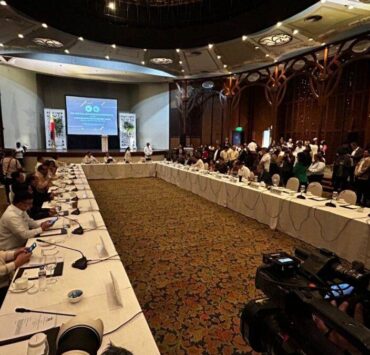Marcos’ trust, approval ratings down after Sept. 21 rallies

More Filipinos had a negative view of the performance of President Marcos following the Sept. 21 anticorruption protests that were prompted by allegations of collusion among some government officials, public works officers and private contractors to pocket billions of pesos in flood control funds.
According to Pulse Asia’s latest “Ulat ng Bayan” nationwide survey released on Thursday and conducted from Sept. 27 to Sept. 30, some 44 percent of Filipinos disapproved of Marcos’ performance, up by five points from 39 percent in the June survey.
Disapproval was highest in Mindanao at 83 percent, up from 66 percent, and in the Visayas at 55 percent, up from 38 percent—both reflecting a 17-point increase. It was also notable among Class E respondents, with 62 percent expressing disapproval, an 18-point rise from 44 percent in the previous survey.
The approval rating of Mr. Marcos, on the other hand, fell to 33 percent—down by nine points from 42 percent in June. The decline was largely driven by sharp drops in Mindanao, where approval plunged by 21 points from 25 percent to 4 percent, and in the Visayas, which fell by 18 points from 41 percent to 23 percent. His approval rating also slipped significantly among Class ABC, down by 10 points from 49 percent to 39 percent.
Meanwhile, about one in four respondents, or 23 percent, were undecided about the President’s performance, up by four points from 19 percent in the previous survey.

In contrast, Vice President Sara Duterte continued to hold a majority approval rating at 55 percent, although this was four points lower than June’s 59 percent. Her disapproval rating declined by three points, from 25 percent to 22 percent, while the percentage of undecided respondents rose by eight points, from 16 percent to 24 percent.
Despite maintaining a strong overall approval score, Duterte recorded declines across most regions. Metro Manila saw the sharpest drop in approval—down by 14 points, from 56 percent to 42 percent—while approval among Class E respondents also fell by 10 points, from 81 percent to 71 percent.
Her disapproval rating, meanwhile, showed slight movements across regions and classes, with notable decreases in Luzon outside Metro Manila, from 39 percent to 32 percent, and among Class D respondents, from 26 percent to 21 percent.
Pulse Asia also found that more Filipinos trust Duterte more than Mr. Marcos. The majority, or 56 percent of respondents, expressed “big trust” in Duterte, up by two points from the previous survey. Her distrust rating, meanwhile, declined by six points—from 27 percent to 21 percent.
Duterte’s trust ratings across regions showed varied trends, rising in Luzon outside Metro Manila from 33 percent to 39 percent, while Metro Manila recorded a decline from 50 percent to 41 percent. Across classes, her trust ratings remained largely stable, except for a slight increase among Class E respondents—from 73 percent to 76 percent.
Her distrust ratings also declined in several areas and classes, most notably in Luzon outside Metro Manila, which dropped from 41 percent to 30 percent, and among Class D respondents, from 27 percent to 19 percent.
Compared to Duterte, Mr. Marcos registered a higher distrust rating at 45 percent, up by four points from 41 percent in the previous survey. His trust rating also fell by five points, from 39 percent to 34 percent.
His distrust ratings rose sharply across most areas and classes. In the Visayas, it increased by 19 points—from 39 percent to 58 percent—while in Mindanao, it surged by 18 points, from 69 percent to 87 percent. Among classes, Class E also recorded a notable increase in distrust, from 51 percent to 65 percent.

















